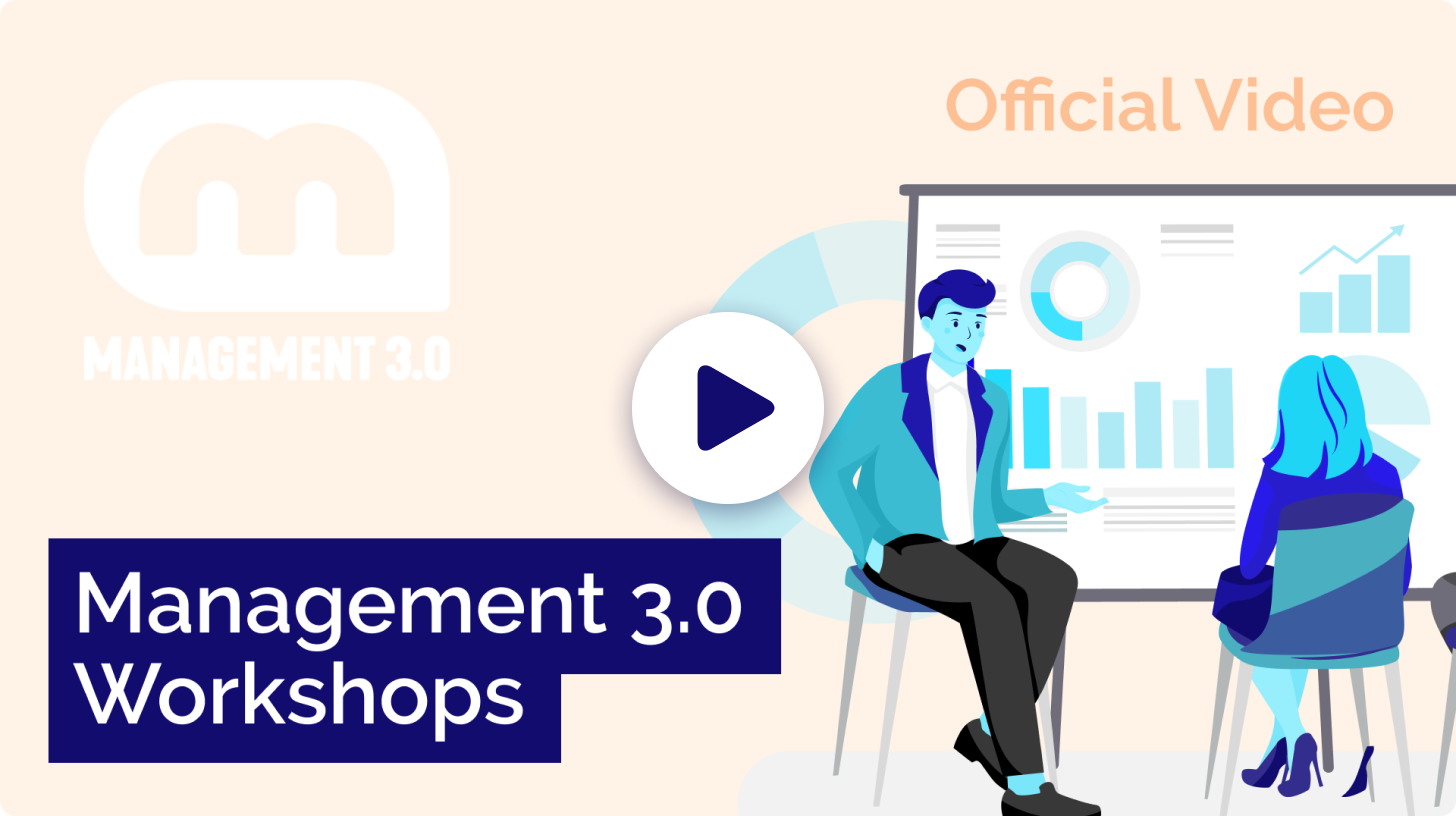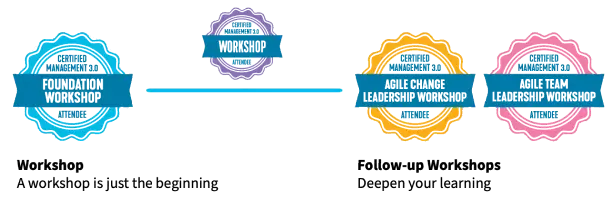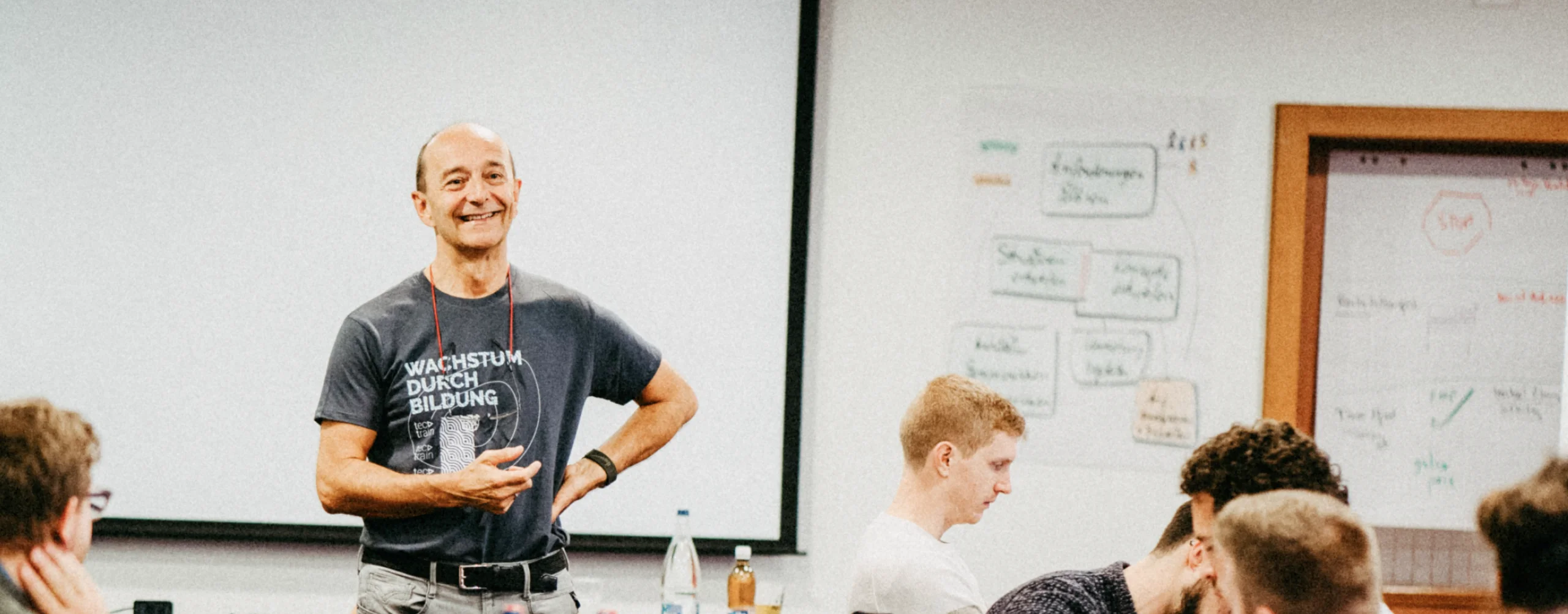What exactly is Management 3.0?
Management 3.0 is based on five fundamental principles and offers a variety of practices, tools, and the corresponding mindset. In everyday work, Management 3.0 supports leaders in creating conditions for self-organization, which is crucial for the successful shift towards more agility, flexibility, and successful transformations.
It redefines leadership, emphasizes shared responsibility for management, and combines a situational leadership style with a collaborative approach to collectively find the most efficient way for the company to achieve its goals.
The need for change is palpable and inevitable across nearly all industries. Management 3.0 is seen as the future of management and plays a key role in addressing the challenges in the "New Way of Work." It provides the necessary mindset as well as a wealth of tools and practices to successfully navigate this transformation.
Tools and methods to increase employee satisfaction are of great importance. Employee satisfaction significantly depends on working conditions, where psychological safety, diverse and challenging tasks, praise and recognition, and taking on responsibility are key factors. Management 3.0 offers various tools, including 'Kudo Cards', 'Moving Motivators', and 'Delegation Poker', to support these motivational factors. These instruments encourage discussion, create transparency, and clarity in daily work.
Employee satisfaction leads to satisfied customers, which ultimately results in successful products and services on the market. Teams focus on the value created for customers and indirectly on common success criteria. Involving customers in team activities and short feedback loops reduce economic risks and provide insights into customer expectations and success factors. With 'Settlers', a method from Management 3.0, teams can align their organization and positioning accordingly. Inviting customers as participants in 'Exploration Days', another practice from Management 3.0, promotes communication and interaction with customers, strengthens customer loyalty, and contributes to shared success – which in turn leads to satisfied customers.
The mindset for a dynamic and resilient system is supported by Management 3.0. It offers tools and practices to redesign frameworks. Practices like the 'Feedback Door' and 'Improvement Dialogues' help leaders develop new mindsets and promote changes. Engaging with current behavior supports change and encourages exploring new paths. Management 3.0 encourages recognizing, reconsidering, and possibly changing existing patterns. It opens the door to new thinking and leadership concepts.






